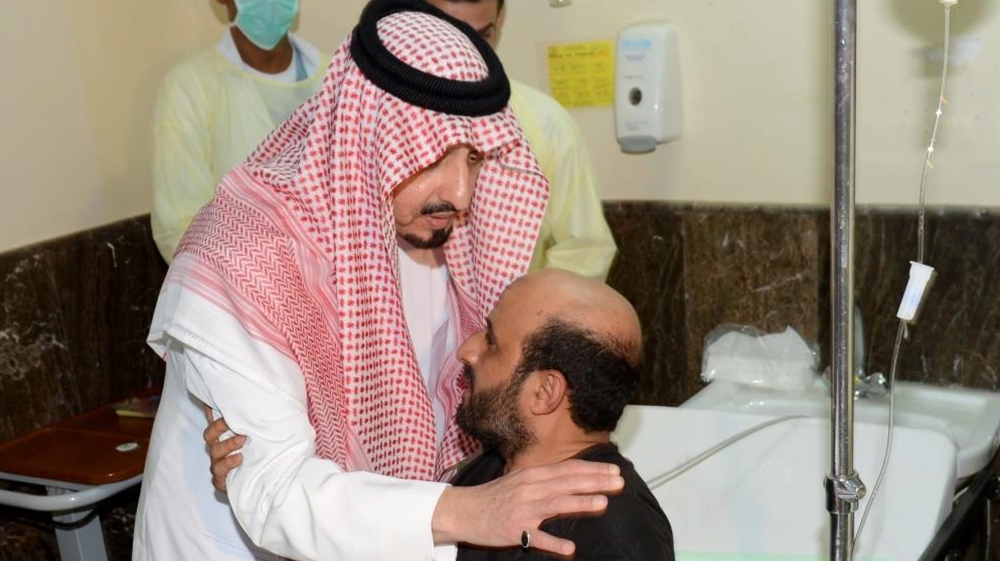Set against Western concerns that the Muslim world is not doing enough to combat terrorism and extremism, Saudi Arabia’s new Muslim alliance may seem like a positive development for the security of the Middle East. But a closer look raises questions over the partnership and how it might impact the region’s highly complex security situation.
On the face of it, the numbers looks impressive: Saudi Arabia has gathered no less than 34 countries in an alliance which states its members have “a duty to protect the Islamic nation from the evils of all terrorist groups and organizations whatever their sect and name which wreak death and corruption on earth and aim to terrorise the innocent”.
No Mention of ISIS
However, the alliance makes no mention of ISIS – the principal enemy as far as Western governments are concerned.
Absent States
In addition, the alliance does not include Iraq, Syria or Afghanistan, countries where the majority of bloodshed in the region is taking place.
Iran and Indonesia are also conspicuously absent from the alliance.
At time of writing, Afghanistan has been asked to join but has not responded. Indonesia does not appear to have been asked at all.
Alliance Against Terrorism or Sectarian Rivalry?
Critics suggest the exclusion of Iraq in Iran by Saudi Arabia is because they are Shiite dominated states – and that the alliance is more about a sectarian rivalry with Iran.
However, at a news conference in ParisSaudi Foreign Minister Adel al-Jubeir said“This is not a Sunni coalition or a Shia coalition.”
The reported inclusion of Lebanon with its large Shia population provides some support to this assertion. But Iran’s absence remains glaring.
Making up the Numbers?
It also appears that some countries are unaware they are in an alliance. “We came to know about it (the alliance) through news reports,” a senior official of Pakistan’s Foreign Office told the Express Tribune following the announcement. “We have asked our ambassador in Saudi Arabia to get details on it.”
To complicate matters, some member states are not even majority Muslim, despite the alliance’s name; 80 per cent of Uganda is Christian, while the figure stands at 75 per cent in Gabon.
And then there are questions over what some members can actually contribute. The tiny African island state of Comoros has a standing army of around 500 soldiers.
Tackling Wahhabism in Saudi Arabia
Others have criticised Saudi Arabia as having not done enough to clean up its own back yard first, specifically by failing to prevent some of its own clerics from spreading Wahhabism – a powerfulinfluence onglobalextremism. However, it has made moves against some ofthe more extreme preachers.
Questions Remain Over the New Alliance
At their best, alliances pool resources to tackle a problem head-on and in force. But an alliance without a clear objective that does not include some of the most prominent parties could create a bigger risk to the region’s security than taking no action at all.
Here at Harnser we work tirelessly to understand the deeply complex and ongoing security situation in the Middle East. This constant watchfulness helps us provide fully informed security risk advisory and engineering design services to infrastructure operators and governments across the world.























